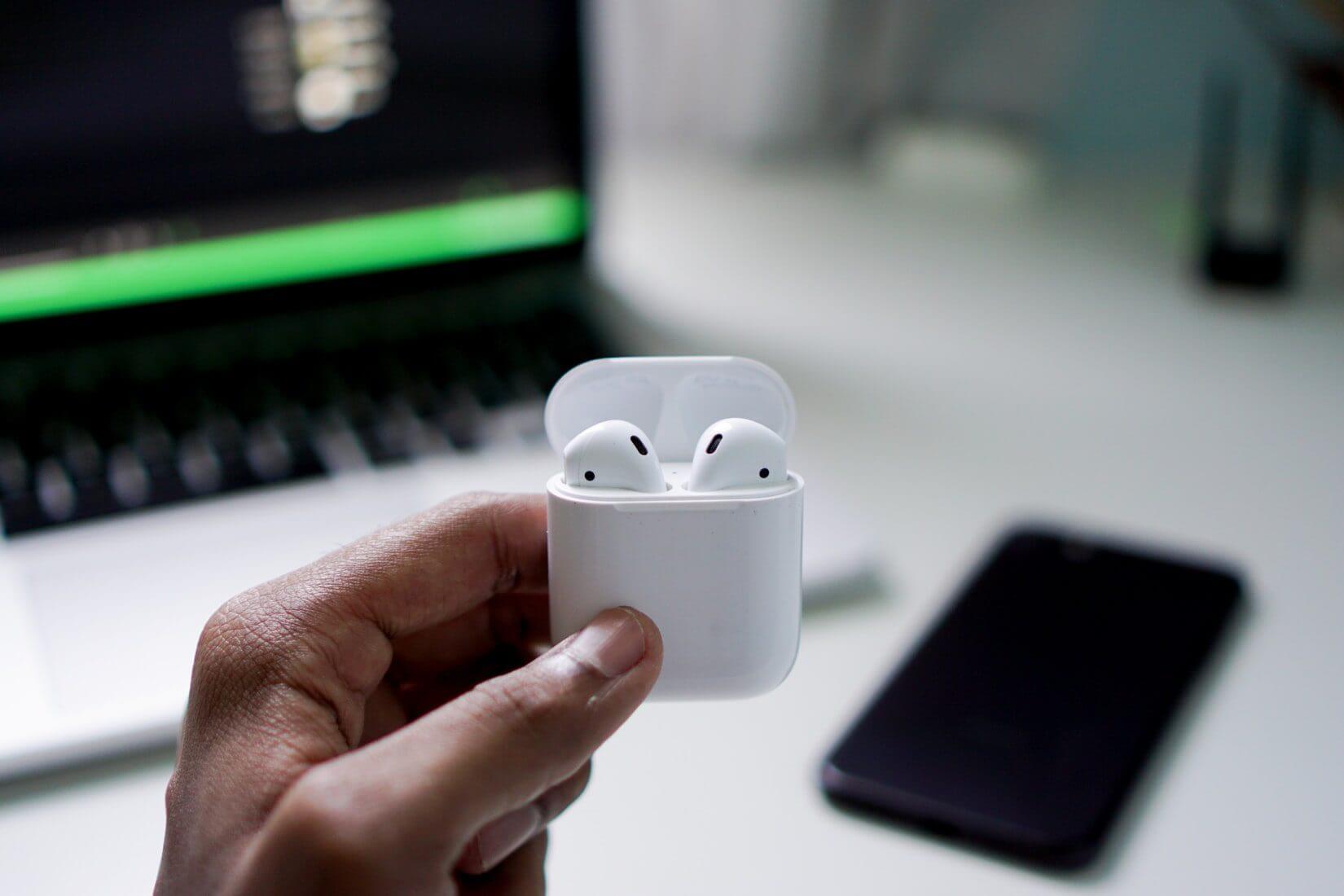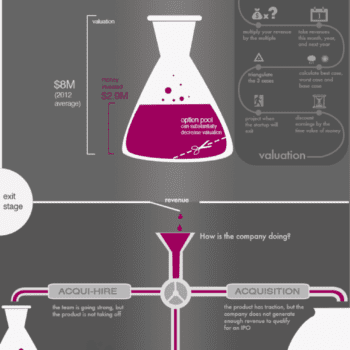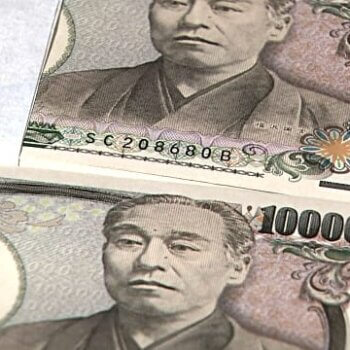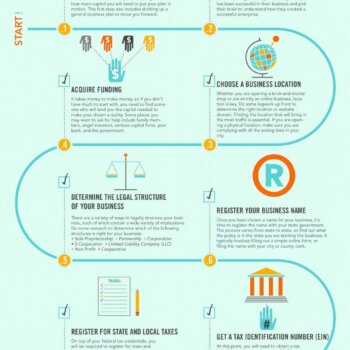A tweet last month by Midas Kwant about Apple’s AirPods did a napkin analysis of the earphones’ profitability: if instead of being launched by Apple in 2016, they had been constituted as an independent company, and based on Apple’s projected sales of one hundred million units for 2020, that company would conservatively have been valued at $175 billion, making it the thirty-second largest in the United States. In just four years, and with only one product.
Apple’s ability to generate value by reinventing already existing products is well known: AirPods, whose contribution to Apple’s accounts has already been analyzed, are not that different to other Bluetooth earphones, but today no one remembers these earlier models, and virtually all of today’s are designed to look like AirPods. When the company launched them, AirPods critics dismissed them as overpriced, uncomfortable and even problematic in company, but over time, they have become iconic, ubiquitous, even if many people use cheap Chinese copies. The second version, released last October, incorporates sound cancellation and several other features, and seems to be selling very well too.
Sure, Apple has 20/20 product vision and have designed earphones that mysteriously stay in the ear and offer very reasonable sound and autonomy, but we shouldn’t lose sight of a few harsh economic realities: AirPods cannot be repaired or dismantled and are designed to last anything between a few months and a couple of years depending on use before their battery loses capacity and they stop being practical.Today In: Leadership
The AirPods are a clear example of planned obsolescence. But have you heard anyone complaining about it? Instead, we just accept this strategy, and we play the game that Apple asks us to play: we buy them and use them for a short period of time, then we throw them in a drawer and we buy a new pair. Apple could have designed a product whose battery could be replaced, rather than one that is likely to spend many more years sitting in a drawer because you can’t bring yourself to throw it away (it’s also got lots of environmentally unfriendly stuff in it) than it will sitting in your ears. This is the same type of ecosystem generated by many online stores, which in many cases prefer to throw away returned products or burn them because it’s cheaper than checking them or refolding and repackaging them. This is clearly unsustainable and what’s more, these companies do not pay for all the environmental damage they cause. Ours is an economy that subsidizes unsustainability and inefficiency, instead of applying common sense.
AirPods are a highly successful product and further proof of Apple’s ability to create a market and economic value where no one else has seen it before. But they are also proof of a tragedy: ours as a species
About the Author
This article was written by Enrique Dans, professor of Innovation at IE Business School and blogger at enriquedans.com.





























